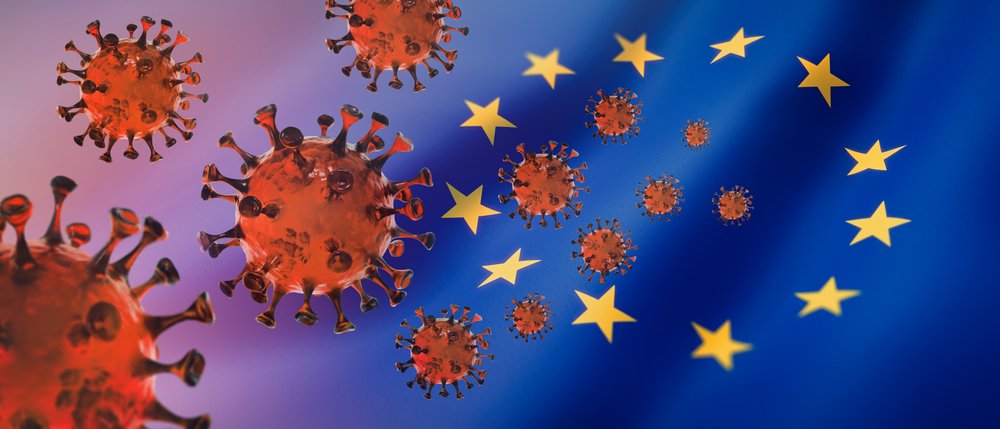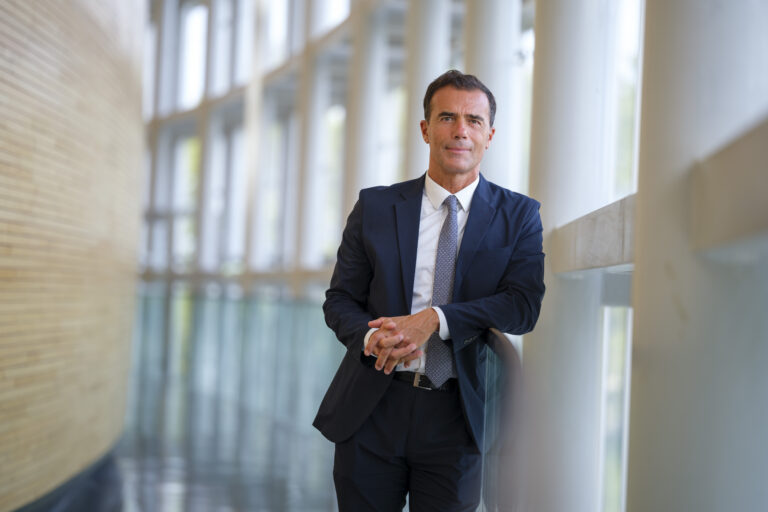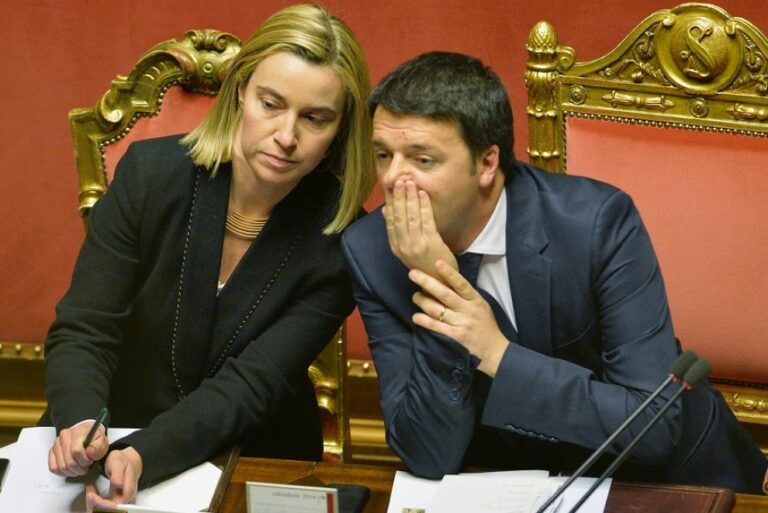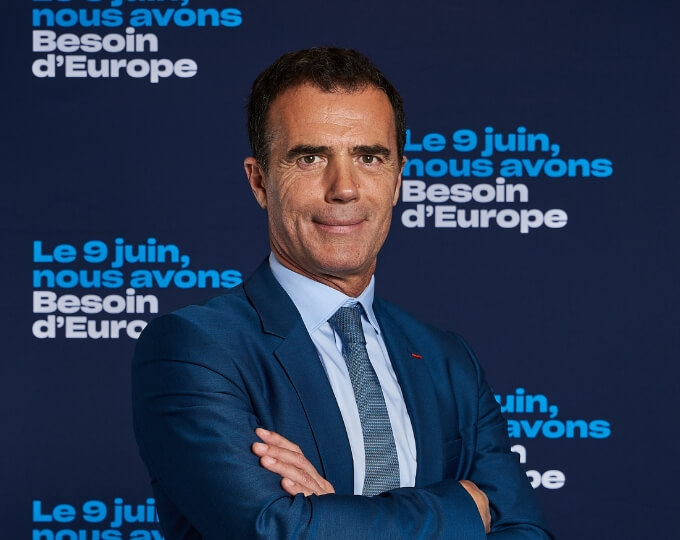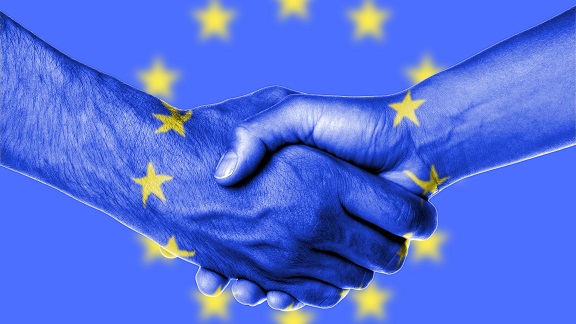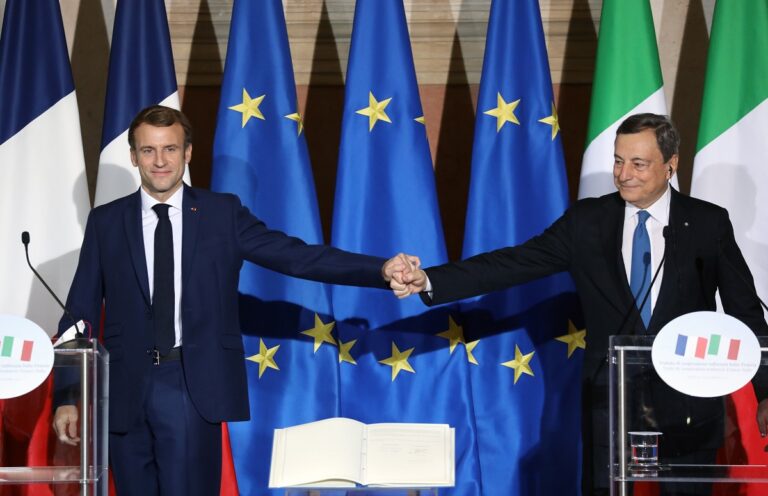‘Europe and Covid: why the prudent society is better than the risk-free society’
Editorial published by ‘MF Milano Finanza’, 15 April 2021.
We live in a Darwinian moment. In these moments, it is not the strongest who wins, but the one who demonstrates the best capacity for adaptation and transformation: a capacity that the Union has shown it has with the Recovery Plan, while struggling on health and its role in the world.
Take for example the issue of EU vaccines. In the midst of an unprecedented health crisis, the EU found itself forced to invent a modus operandi in a sector that had always been in the hands of national governments. Every step of this strategy was therefore concerted with those same governments, which set strategic priorities and controlled the negotiation of vaccine supply contracts. Yet, the debate is limited to a clash of supporters fiercely confronting each other.
At the moment, the controversy is all about lower prices and the companies’ responsibility for collateral risks: demanded by the Europeans, i.e. the Commission, at the request of various governments including Italy, and which have partly lengthened the timeframe (let us remember, however, that if AstraZeneca had supplied the 120 million doses instead of 30, the Europeans would not have been particularly delayed compared to the British or Americans).
I believe that the priority was speed and not price, and I also believe that we should have taken more risks, in contracts and by giving much more money to European industries to speed up vaccine research. But the question is: why didn’t the Europeans do this? The underlying reason is our societies’ total aversion to risk: we want to live in the illusion of a “0-risk” society and so we take none, rigidly applying the precautionary principle, which becomes a principle of interdiction, of paralysis and also a shield for public officials against ever-present judicial attacks.
Thus, no risk on vaccine prices (… you never know that the Court of Auditors or the press…) and no real bet on the industry’s ability to achieve the unthinkable, such as a new vaccine in less than a year (… it will take much longer…). Those who bet on research and those who took risks on contracts are a few weeks ahead of us.
So let us not get bogged down in the usual polemics and ask ourselves whether our societies are prepared to take more risks in the face of emergencies. And whether the ‘0-risk society’ should not be preferred to a different philosophy, that of the ‘society of prudence’ that Aristotle taught us.
Then, of course, let us also give the Union those powers to act more effectively and swiftly for our health: powers that it did not have at the start of the crisis and that we could give it through the Conference on the Future ofEurope starting on 9 May. The same argument fits perfectly with the diplomatic incident now known as Sofa-gate. This event showed that the EU absolutely must strengthen its capacity to adapt to new global challenges in a world where power relations are changing very rapidly.
So, one could avoid scouring the diplomatic protocol and instead start debating the real issue: how do we project ourselves on the global stage? Does the Union have an effective political representation? The answer is obvious: no, because it projects itself externally in a fragmented, and therefore inadequate and ineffective, manner. Now, let us think about the benefits that would result from a single president(s) of the EU. Already today, without changing the treaties, we could entrust the powers of the presidents of the European Council and the Commission to the same personality: that is, we could have a single president of the Union. A decision to be taken now: because it is urgent that we adapt and because it is pointless to talk about a sovereign Europe on issues that are beyond the capacity of states to act (from pandemics and climate to digital governance or security…) and then not adapt and not give ourselves the means to act and be perceived as sovereign.
Power is no longer what it used to be, and the ‘national powers’ are increasingly powerless in the face of transnational challenges that, as I recount in my latest book The Target, risk burying European civilisation in a world that could reinvent itself between Washington and Beijing. But this makes it necessary to address the other fundamental issue: the detachment between sovereignty and the state and the construction of sovereign powers at a supranational level, in order to regain a true capacity for control and thus regain true sovereignty together, be it health, industrial or foreign and security policy.
Less precaution, less risk aversion then; more European sovereignty and transnational powers: this is how we will adapt to transformations and become stronger in the world. To quote JFK, change is the rule of life and those who only look to the past or the present will certainly miss the future. The ability to adapt our responses today to the challenges before us with foresight will determine our future as Europeans.

